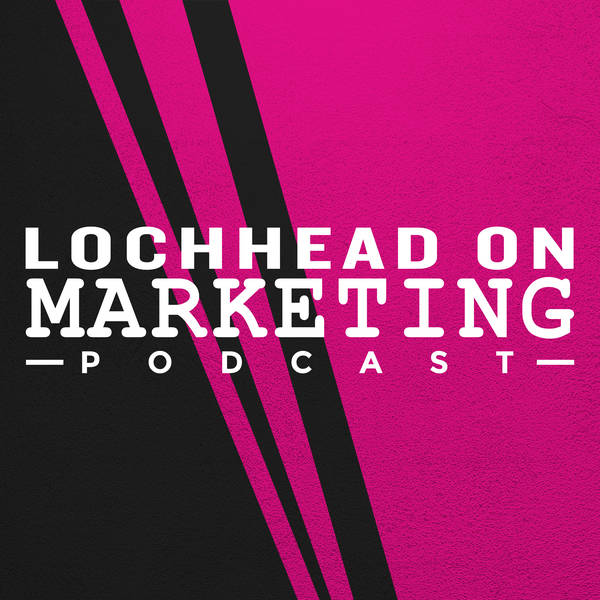
102 The Future Just Changed and Most People Missed It
In October 2020, a 10-second video clip sold for $67,000. Just recently, that same 10-second video sold for $6.6 Million. This selling of a piece of digital art changed the future… and most people didn’t even notice.
This new category design could have profound implications in the art world of art – and soon, everywhere else! So in this episode, Christopher Lochhead talks about digital-exclusive products, how it can be the next mega-category, and how it can affect your business and brand in the future.
Prioritizing Your “Real Life”
As the age of digitization continues to evolve, people find themselves becoming more invested in their digital life. If you’re between thirty or thirty-five, you’re probably a digital native. Everyone below that are definitely digital natives: those who spend most of their time online and connected digitally.
The big AHA moment here for Christopher is that digital natives prioritize their digital life more than their physical life. It is almost as if their digital life is their “real life”, therefore it has more value for them.
“If you're a digital native, the AHA here is your digital life is more important than your physical life. If you're a digital native, you're having the opposite experience that someone like me. Someone who believes my primary experience in life is a physical one, but it’s supplemented with a rich digital life. But if you're my buddies and their kids, your real life is the digital life and the ocean and the sunset are an interruption to your real life. That was a profound moment for me. I understood at that moment the difference between digital natives and non-digital natives were 180 degrees different.” – Christopher Lochhead
Digital-Exclusive Products as a Mega Category
Digital products have been around for quite some time. There are games that sell digital clothes to make your avatar look good or play better. However, this 10-second digital media clip that sold for $6.6 million dollars in an NFTE auction classifies as category design.
This new art category design is changing the definition of the category of what it means to be an artist and what a piece of art means in the digital age. Art is now a new digital category; it's not only physical anymore. Who's to say that other products won't follow suit in the future?
“In the past, people would pay six point six million dollars for a painting, not a bunch of zeros and ones. This is a way bigger development than somebody paying a few dollars to buy a digital tractor or a rifle in a video game. Someone paid over six fucking million dollars for some zeros and ones, and those zeros and ones are artificially being restricted. In this case, they paid that money so they'd be the only people in the world to have those zeros and ones.” - Christopher Lochhead
All of these circle back to digital natives and how they prioritize things. It is why you see people being reluctant to buy a car but willingly fork over money for a digital vehicle in an app. They want to live out their best lives in their perceived “real life”.
“If you're a digital native, your digital life by default is more important and more valuable to you than your physical life. If that's true, it stands to reason that digital native's want to buy shit for their digital native selves and they'll buy things in their digital world that they wouldn't buy in their physical world.” - Christopher Lochhead
Should You Ride the Digital Wave?
So what does that mean for companies and their corresponding categories and brands? Well, if you want to stay ahead of the pack, you need to step back and think about the increasing role of people's digital lives in the market. Especially in the new marketing landscape that COVID has wrought, where people live in a digital workplace in a way that they didn't before.
“I think we have to ask ourselves: is there an opportunity and or threat for our categories, brands and businesses in a world where people's digital life is their...
